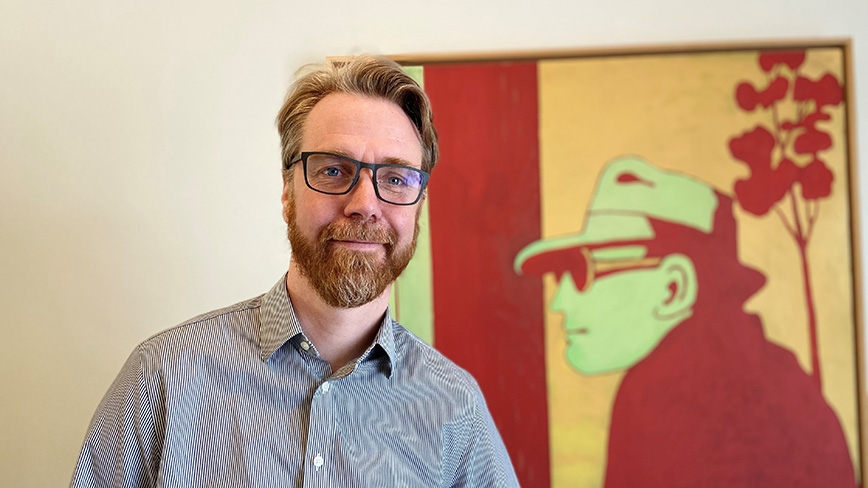Cooperation can make us less vulnerable

In the end of this week, the Heads of administration at the schools will meet together with GVS in order to summarize how the work with the merger of the support services will continue.
Within Education administration, an expanded cooperation could lead to, among other things, a better work environment, and too that we will become less vulnerable, says Pelle Dalhammar, education manager at CBH.
Just as representatives for the other areas within the support services at KTH, the schools Heads of administration participate in planning the merger of the support services. They will now meet to go through a compilation of what is the result of the workshop and the SWOT analysis they have done together with representatives from GVS.
The administrative management for KTH:s support services will also meet this week to discuss how the work with the merger continues.
After that, there will be another workshop for the education administration work group.
“We will do some brainstorming around three to four different processes that we are satisfied with, and as many that we are less satisfied with and that needs to be improved. This is to see if there are any areas that we can organize together and areas that can be rationalized, digitalised or made automatic”, says Pelle Dalhammar.
He thinks it’s a strength that there are so many knowledgeable and engaged people working at education administration. At the same time, it can be a risk that so many people are experts in their respective areas of knowledge.
“It makes us vulnerable that we are so dependent on individuals, this has been said many times. The support services at the schools are organised slightly different, which means that five schools are doing the same thing but in a slightly different way. This is based on the relationships with the teachers – sometimes routines have been adapted to fit individual teachers or academically responsible”, says Pelle Dalhammar.
What risks and possibilities can you see here?
“I’ve had many questions from teachers who find that the merger of the schools, a few years ago, have resulted in them feeling a bit distant from the support services at times. This change might be interpreted as a centralization, and the fear is that the distance between teachers and support will grow even bigger. But the purpose with this change is the very opposite. We want the support to be even closer to the teachers. I hope this will mean that we can simplify and become an organisation with common solutions, more streamlined so to speak.”
“Other positive outcomes can be a better work environment, a less vulnerable organisation, more clarity, more equal treatment and rule of law, better possibilities for kompetensstaff training and development. Hopefully this will also make things more fun, says Per Dalhammar.
Text: Sabina Fabrizi
